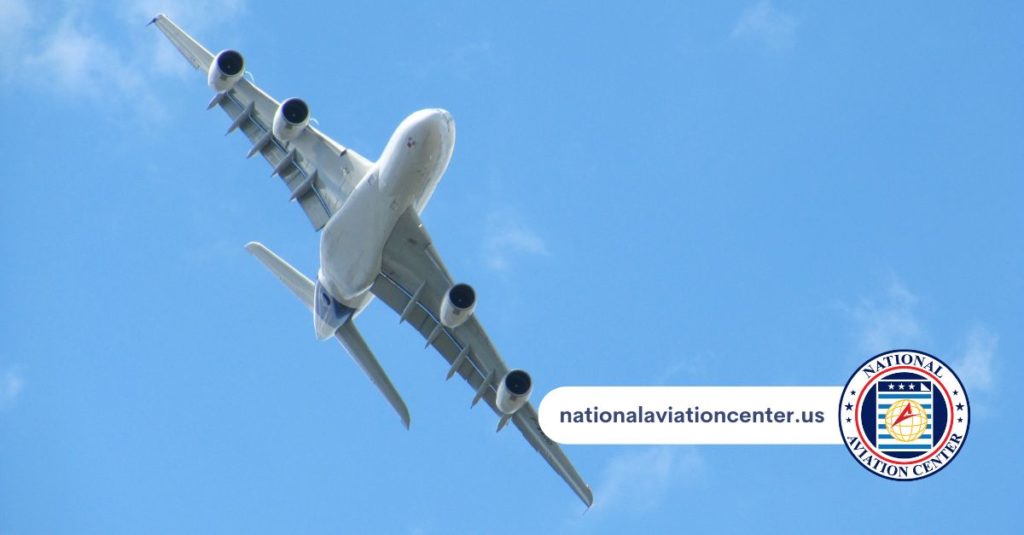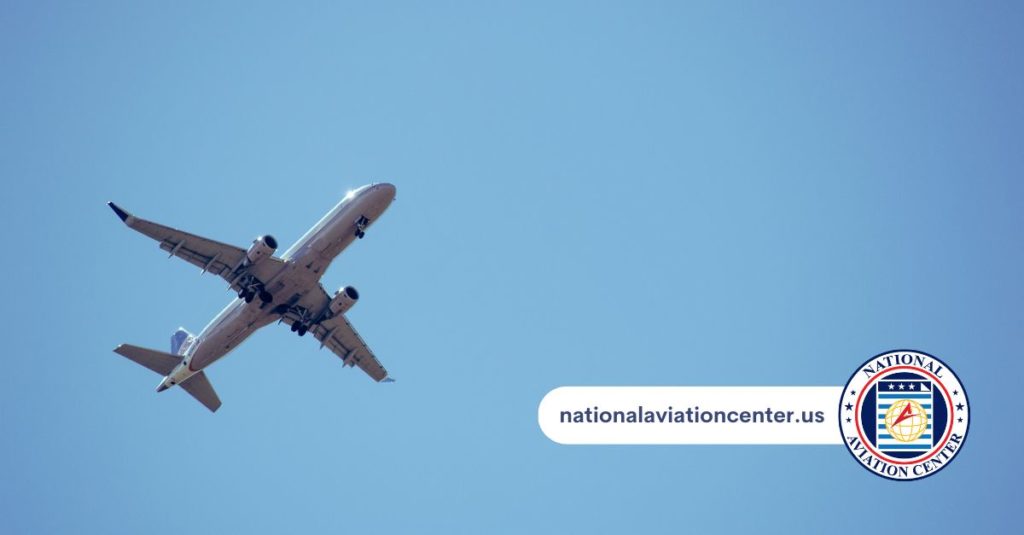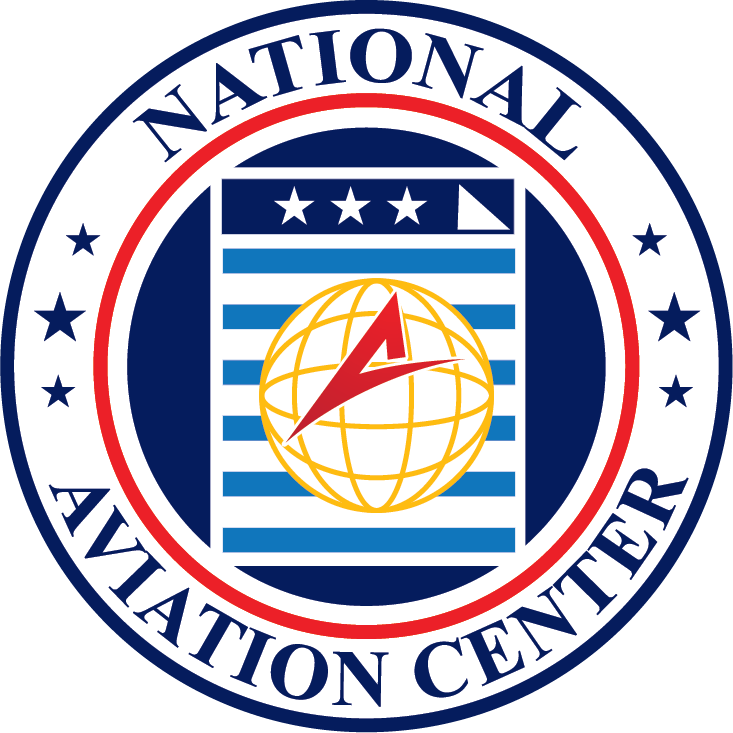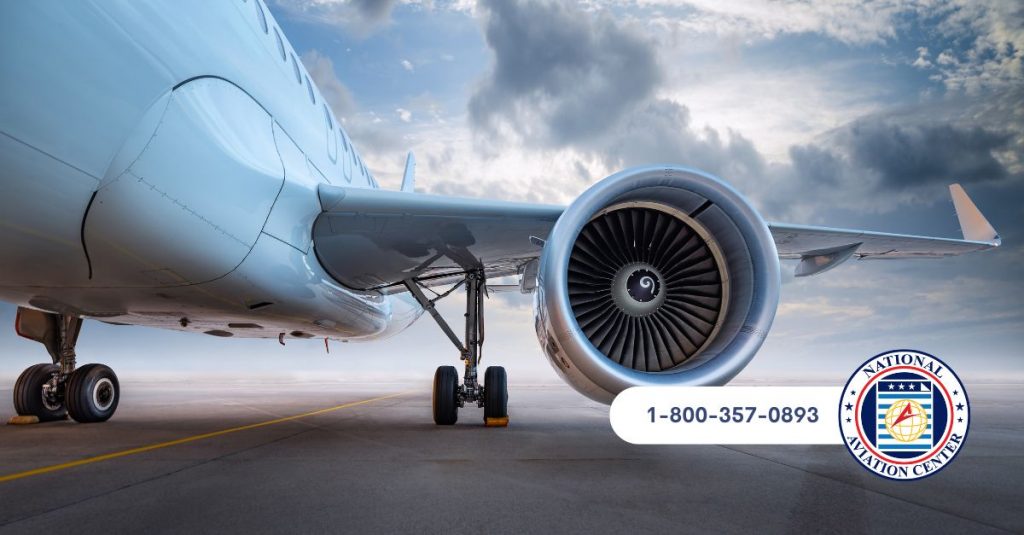Navigating the skies requires more than just a pilot’s license and a capable aircraft; it demands strict adherence to federal regulations. A critical component of this regulatory framework is FAA registration. This process officially documents an aircraft with the Federal Aviation Administration, linking it to its owner and confirming its eligibility to operate within United States airspace. Whether you are a new owner or a seasoned aviator, understanding the ins and outs of this requirement is essential for legal and safe operation.

The Necessity of FAA Registration
FAA registration is a non-negotiable step for most aircraft owners in the United States. It serves as the foundational legal requirement that permits an aircraft to fly. Think of it as the equivalent of registering a car with the DMV; it’s a mandatory process that establishes legal ownership and certifies that the aircraft meets federal standards for operation. The registration certificate, often called the N-number, must be on board the aircraft at all times during flight. This system ensures that every aircraft operating in the National Airspace System is accounted for, traceable, and compliant with safety regulations.
Who is Required to Register Their Aircraft?
The rules for who must complete an FAA registration are clear. In general, all aircraft that are not registered under the laws of a foreign country and are owned by a United. States citizen must be registered with the FAA to be operated legally. This broad definition covers a wide array of aircraft, including:
- Traditional airplanes, from single-engine props to commercial jets
- Helicopters
- Gliders
- Balloons
- Certain drones and other unmanned aircraft systems (UAS)
Ownership by a United States citizen includes individuals, partnerships where all partners are citizens, and corporations or associations organized under U.S. laws where the president and at least two-thirds of the board of directors are citizens. This requirement ensures that aircraft based and primarily operated within the country are subject to its laws and oversight.
The Consequences of Non-Compliance
Operating an aircraft without proper FAA registration is a serious federal offense. The regulations are in place to maintain the safety and security of the national airspace, and the penalties for ignoring them reflect this importance. An unregistered aircraft is essentially an unknown entity to air traffic control and federal authorities, posing a significant risk. The government takes a firm stance on this issue, and owners who fail to register their aircraft or allow their registration to expire can face severe repercussions.
Legal and Financial Penalties
The potential consequences for non-compliance are outlined in federal law. According to Title 49 of the United States Code, operating an unregistered aircraft can lead to substantial civil penalties. These fines can amount to tens of thousands of dollars, creating a significant financial burden for the owner. Furthermore, in cases of willful violation, criminal penalties may also apply, which could include even larger fines and potential imprisonment. The FAA has the authority to seize an unregistered aircraft, grounding it until all registration and compliance issues are fully resolved. These penalties underscore the critical importance of maintaining a current and valid FAA registration for your aircraft at all times.
Simplifying the FAA Registration Process with Our Help
The paperwork and procedures involved in FAA registration can often feel complex and time-consuming. From ensuring you have the correct forms to submitting them properly, there are many steps where errors can occur, leading to delays or rejections. Our service is designed to eliminate these challenges. We provide a streamlined, user-friendly platform that guides you through every stage of the registration process, ensuring accuracy and efficiency from start to finish. We transform a potentially confusing bureaucratic task into a straightforward, manageable one.

Initial Registration for New Aircraft Owners
For those who have recently purchased an aircraft, the initial registration is a critical first step. Our platform simplifies this by providing easy-to-use online forms that gather all the necessary information. We help you correctly prepare and submit key documents, such as the Aircraft Registration Application (AC Form 8050-1). A crucial part of this process is proving ownership, which typically requires a properly executed aircraft bill of sale form. Our goal is to get your aircraft registered quickly so you can take to the skies without unnecessary delays.
Managing Your FAA Aircraft Registration Renewal
FAA registration is not a one-time event; it requires periodic renewal. Typically, an aircraft registration certificate is valid for three years and must be renewed to remain active. It is the owner’s responsibility to manage this timeline, and letting it lapse can result in the same penalties as having no registration at all. Our system helps you stay ahead of deadlines. We can assist with the FAA aircraft registration renewal process, providing you with the necessary forms and guidance to submit your application on time. By using our service, you can avoid the stress of a last-minute rush or the risk of accidentally letting your registration expire, ensuring your aircraft remains continuously compliant.
Additional Services for Aircraft Owners
Our commitment to supporting aircraft owners extends beyond initial registration and renewals. We offer a comprehensive suite of services designed to handle various documentation needs you may encounter throughout your ownership journey. Aviation regulations involve a significant amount of paperwork, and our platform is built to make managing these requirements as simple as possible. Whether you are transferring ownership, updating your information, or obtaining specific operational certificates, we have the tools to assist you.
Change of Address and Ownership Transfers
Life changes, and so can your address or the ownership status of your aircraft. When you move, you are required to notify the FAA of your new address to ensure you receive important correspondence, including renewal notices. Similarly, selling an aircraft involves a specific process for transferring ownership and deregistering the aircraft from your name. Our platform facilitates these updates, providing the correct forms and a simple submission process to keep your records current with the FAA. We help make these transitions smooth and ensure all regulatory requirements are met.
Obtaining Your Certificate of Documentation
In addition to the registration itself, many owners seek to obtain an official Certificate of Documentation. This document serves as definitive proof of your aircraft’s registration and ownership details. It can be useful for insurance purposes, financing, or international travel. Through our portal, you can easily request a certified copy of your registration certificate directly from the FAA. We handle the request process for you, delivering the official document you need without the hassle of navigating government agency procedures on your own.
Navigating the requirements of FAA registration is a fundamental responsibility for every aircraft owner. From the initial application to timely renewals and record updates, staying compliant is key to legal and safe operation. The process can seem daunting, but it doesn’t have to be. Our services are specifically designed to simplify every aspect of FAA documentation. We provide an intuitive platform, expert guidance, and comprehensive support to ensure your paperwork is handled correctly and efficiently. Let us manage the complexities of FAA registration for you, so you can focus on what you love most—flying. Visit our site today to get started with your registration or to explore our full range of aviation documentation services.




